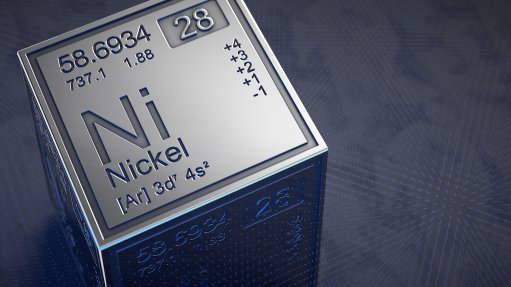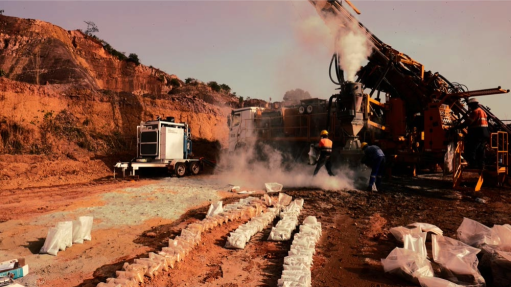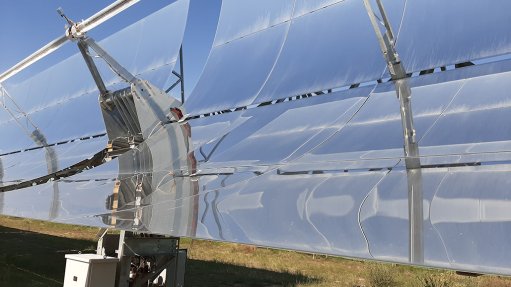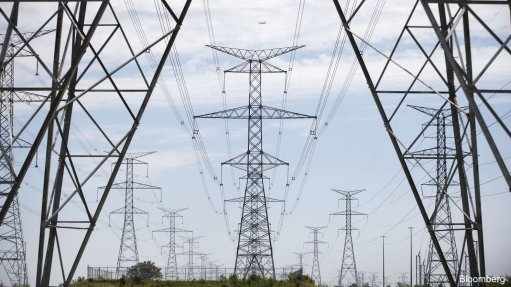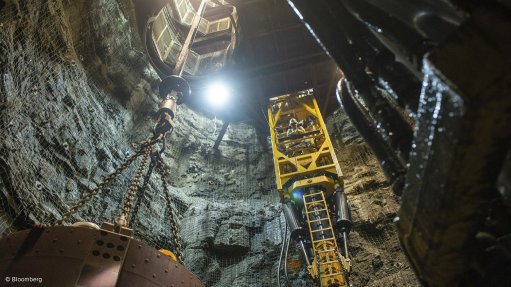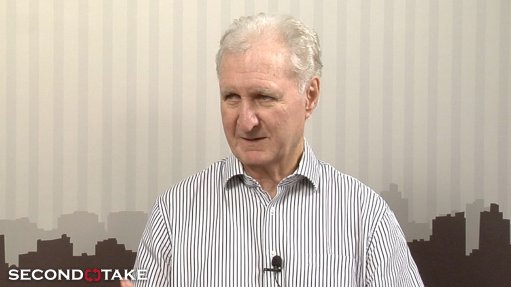Concentrated sunlight used to produce hydrogen
Researchers at the Swiss École polytechnique fédérale de Lausanne (Lausanne Federal Institute of Technology, or EPFL) have created a device that uses a smaller amount of rare and costly materials required to produce hydrogen by concentrating sunlight to maintain a high solar-to-fuel efficiency.
“Hydrogen will play a key role in reducing our dependence on fossil fuels. It can be sustainably produced using solar energy to split water molecules. The resulting clean energy can be stored, used to fuel cars or converted into electricity on demand,” says the research team at the EPFL Laboratory of Renewable Energy Science and Engineering (LRESE).
However, making it reliable on a large scale and at an affordable cost is a challenge for researchers.
The team developed an enhanced photoelectrochemical system that, when used in conjunction with concentrated solar irradiation and smart thermal management, can turn solar power into hydrogen with a 17% conversion rate and unprecedented power and current density. Further, their technology is stable and can handle the stochastic dynamics of daily solar irradiation.
“In our device, a thin layer of water runs over a solar cell to cool it. The system temperature remains relatively low, enabling the solar cell to deliver better performance,” says study coauthor Saurabh Tembhurne.
“Simultaneously, the heat extracted by the water is transferred to catalysts, improving the chemical reaction and increasing the hydrogen production rate. Hydrogen production is, therefore, optimised at each step of the conversion process,” adds LRESE researcher Fredy Nandjou.
The scientists used the LRESE’s unique solar simulator to demonstrate the stable performance of their device. The results of the laboratory-scale demonstrations were so promising that the device has been upscaled and is now being tested outdoors at EPFL’s Lausanne campus. The research team has installed a 7 m parabolic mirror that concentrates solar irradiation 1 000 times and drives the device. The first tests are under way, according to the LRESE research statement.
The scientists estimate that their system can run for more than 30 000 hours – or nearly four years – without any part replacements, and up to 20 years if some parts are replaced every four years. The solar concentrator turns and follows the sun across the sky to maximise its yield.
“In sunny weather, our system can generate up to 1 kg/d of hydrogen, which is enough fuel for a hydrogen-powered car to travel 100 km to 150 km,” LRESE head and the project lead Sophia Haussener explains.
Comments
Announcements
What's On
Subscribe to improve your user experience...
Option 1 (equivalent of R125 a month):
Receive a weekly copy of Creamer Media's Engineering News & Mining Weekly magazine
(print copy for those in South Africa and e-magazine for those outside of South Africa)
Receive daily email newsletters
Access to full search results
Access archive of magazine back copies
Access to Projects in Progress
Access to ONE Research Report of your choice in PDF format
Option 2 (equivalent of R375 a month):
All benefits from Option 1
PLUS
Access to Creamer Media's Research Channel Africa for ALL Research Reports, in PDF format, on various industrial and mining sectors
including Electricity; Water; Energy Transition; Hydrogen; Roads, Rail and Ports; Coal; Gold; Platinum; Battery Metals; etc.
Already a subscriber?
Forgotten your password?
Receive weekly copy of Creamer Media's Engineering News & Mining Weekly magazine (print copy for those in South Africa and e-magazine for those outside of South Africa)
➕
Recieve daily email newsletters
➕
Access to full search results
➕
Access archive of magazine back copies
➕
Access to Projects in Progress
➕
Access to ONE Research Report of your choice in PDF format
RESEARCH CHANNEL AFRICA
R4500 (equivalent of R375 a month)
SUBSCRIBEAll benefits from Option 1
➕
Access to Creamer Media's Research Channel Africa for ALL Research Reports on various industrial and mining sectors, in PDF format, including on:
Electricity
➕
Water
➕
Energy Transition
➕
Hydrogen
➕
Roads, Rail and Ports
➕
Coal
➕
Gold
➕
Platinum
➕
Battery Metals
➕
etc.
Receive all benefits from Option 1 or Option 2 delivered to numerous people at your company
➕
Multiple User names and Passwords for simultaneous log-ins
➕
Intranet integration access to all in your organisation






